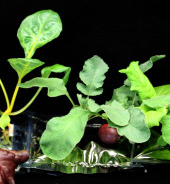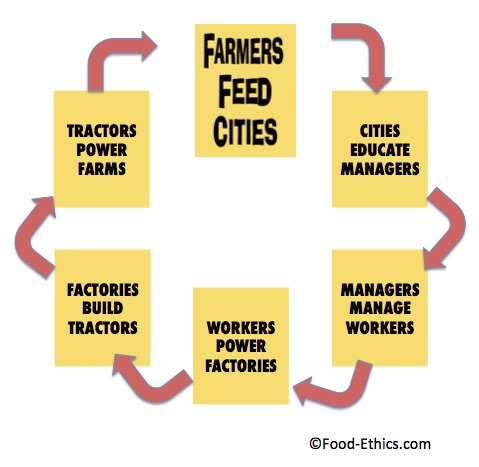Here’s a terrific little piece on the role that ‘reducetarians’ (people who try to eat less meat, without going fully vegetarian) play in the overall battle to reduce animal suffering and save the planet from the meat industry:
Reducetarians: the benefits of being a bad, burger-eating “vegetarian”
“It’s pretty simple: the less meat we eat, the more animals we save.” If someone who eats 200lbs of meat cuts back 20 per cent – says Brian – that’s better than a person who eats 5lbs cutting back 100 per cent. According to academics at the University of Minnesota, if everyone in the world followed a Mediterranean diet (think moderate consumption of fish, dairy, and meat – but plenty of olives and veg), global greenhouse gas emissions would decline significantly. In addition, a worldwide adoption of Mediterranean, pescatarian, and vegetarian diets could reduce cancer by 10 per cent.
In 2017, sales of meat-substitute Quorn soared by sixteen per cent, while sales of beef, lamb, and pork declined by 4.2 per cent. Businesses have already seen the impact of consumers turning away from meat, sending a message to factory farmers without 100 per cent committing to the vegetarian or vegan lifestyle….
Or consider: If 10% of consumers cut their meat consumption in half, that’s a 5% dip in meat sales — definitely enough for industry to notice and to adjust its practices.


